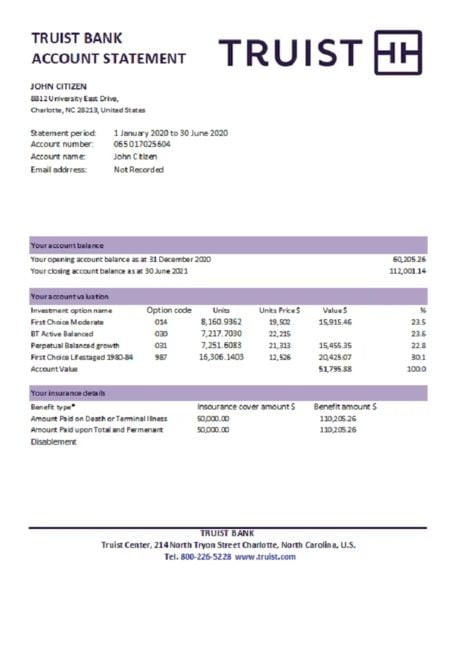Ever felt overwhelmed gathering documents for a mortgage?
You’re not alone.
Mortgage lenders scrutinize bank statements closely.
But why?
I’ll guide you through the key things they’re looking for.
Expect clear, actionable insights.
By the end, you’ll be prepped to impress any lender.
When applying for a mortgage, your bank statements play a crucial role in the approval process. Lenders scrutinize these documents to assess your financial stability and creditworthiness. Understanding what they look for can help you prepare better for your mortgage application. Here are the five key elements that mortgage lenders typically examine in your bank statements.
Consistent Income

Lenders rely on bank statements to verify your income stability. They look for regular deposits that match the income you’ve declared on your application. This could be bi-weekly or monthly salary deposits, consistent freelance income, or regular transfers from investment accounts.
A steady income stream reassures lenders of your ability to make timely mortgage payments.
If your income varies due to commissions or seasonal work, be prepared to explain these fluctuations to your lender. They may request additional documentation to understand your income pattern better.
Adequate Balance
Your account balance is another critical factor that lenders evaluate. They typically look at your average balance over the past few months to assess your financial health and ability to afford mortgage payments.
A healthy balance demonstrates that you’re not living paycheck to paycheck and have some financial cushion. This reassures lenders that you’re likely to handle unexpected expenses without defaulting on your mortgage payments.
What’s considered an “adequate” balance?
While there’s no set amount, lenders generally prefer to see that you have enough funds to cover:
- Several months of mortgage payments
- Closing costs
- Any required down payment
Remember, different lenders may have varying requirements, so it’s best to discuss this with your specific lender.
Non-payroll Deposits

Large, non-payroll deposits often catch a lender’s attention. These could be gifts, loans from family or friends, or proceeds from selling assets. Lenders need to verify the source of these funds to ensure they’re not from undisclosed loans that could affect your ability to repay the mortgage.
If you have such deposits, be prepared to provide documentation explaining their source. This might include:
- Gift letters
- Sales receipts for sold items
- Documentation for any legal settlements
Being transparent about these deposits can help smooth the mortgage approval process.
Monthly Expenses
Lenders review your monthly expenses to gauge your financial responsibility and determine your debt-to-income ratio (DTI). This ratio compares your monthly debt payments to your gross monthly income and is a key factor in mortgage approval decisions.
Your bank statements reveal spending patterns on:
- Rent or current mortgage payments
- Utilities
- Credit card payments
- Car loans
- Student loans
- Other recurring expenses
A lower DTI ratio indicates that you have more income available for mortgage payments, which is favorable to lenders.
Red Flags
Certain items in your bank statements may raise red flags for lenders. These include:
Overdrafts and NSF charges
Frequent overdrafts or non-sufficient funds (NSF) charges suggest difficulty managing finances, which could concern lenders.
Erratic spending
Large, unexplained purchases or a pattern of frivolous spending might make lenders question your financial discipline.
Irregular deposits

Sporadic, large deposits without clear sources could indicate unstable income or potential money laundering concerns.
If your statements show any of these red flags, consider addressing them before applying for a mortgage. This might involve improving your financial habits or preparing explanations for any unusual transactions.
Conclusion
Understanding what mortgage lenders look for in your bank statements can help you present a stronger financial profile. Before applying for a mortgage, take time to review your statements critically. Address any potential issues, and be prepared to explain any unusual entries. By doing so, you’ll be better positioned for a smooth mortgage approval process.




